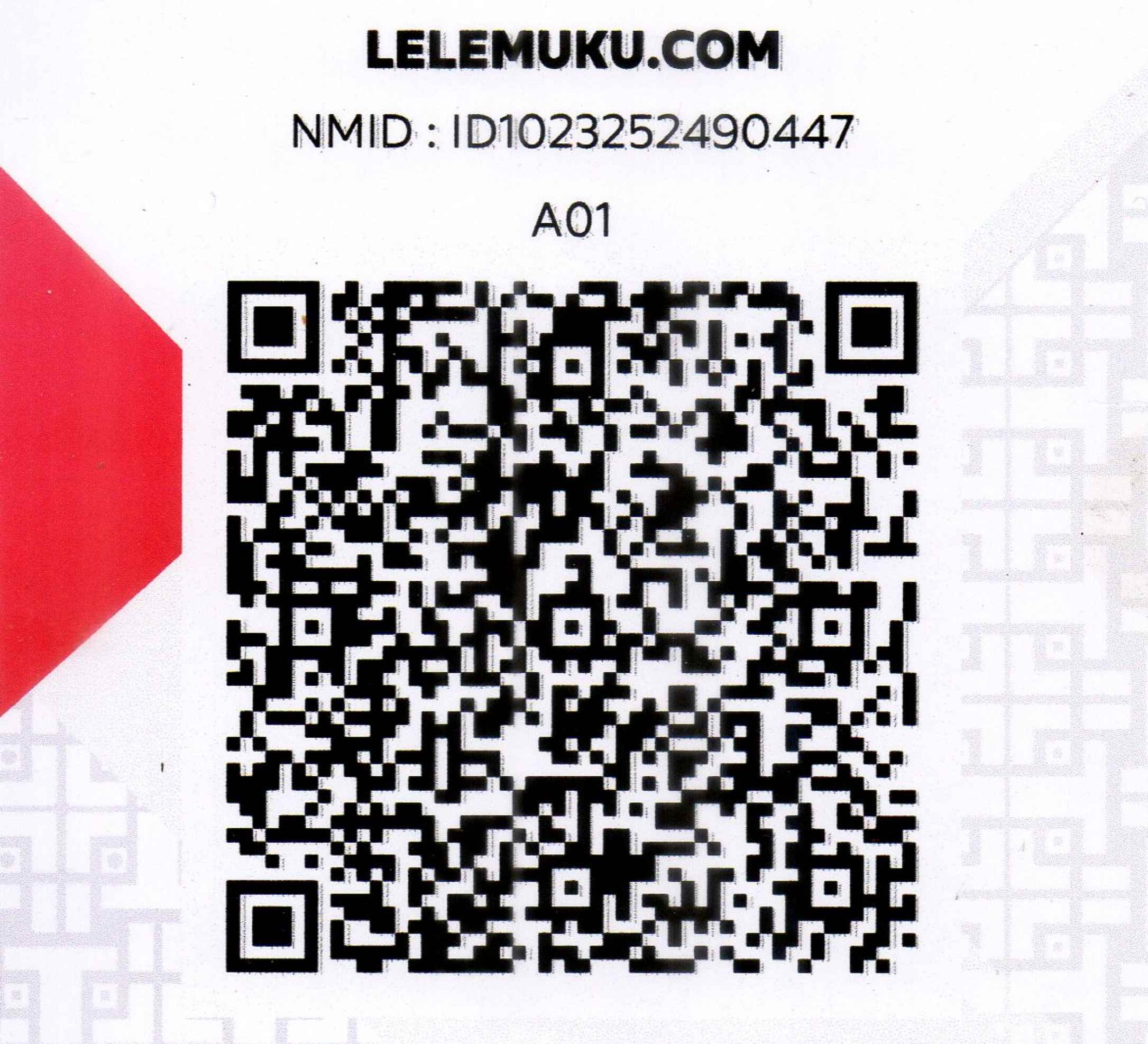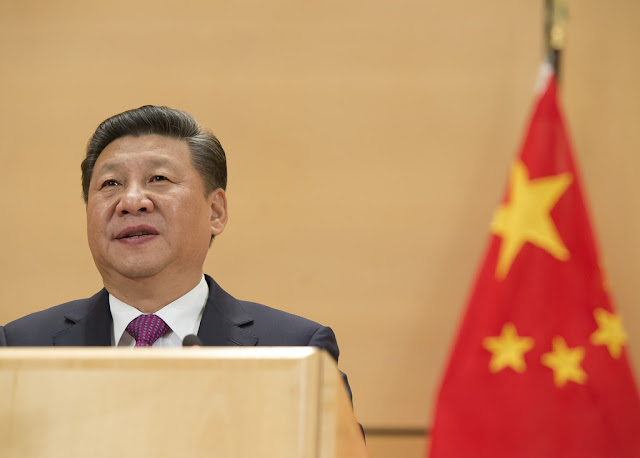Inside China’s Brash on Xi Jinping, New Approach to State Media
pada tanggal
Saturday, November 27, 2021
BEIJING, LELEMUKU.COM - Earlier this month, China’s state-run Xinhua news agency posted a glowing profile of Xi Jinping, the country’s top leader, who is laying the groundwork to indefinitely extend his rule.
“This is a man of determination and action,” proclaimed the piece. “A man of profound thoughts and feelings, a man who inherited a legacy but dares to innovate, a man who has forward-looking vision and is committed to working tirelessly.”
The profile, which went on like that for over 5,000 words, was posted on the front pages of the English and Chinese websites of the country’s vast state-run media apparatus.
Such hagiographies are not new. China’s government-controlled media have long posted flattering portrayals of Communist Party leaders or policies, especially during sensitive political moments. But to many observers, the latest profile was especially obsequious.
A Xinhua tweet linking to the piece quickly created a stir online. Many Twitter users mockingly replaced the picture of Xi with their own pictures, insisting they too should be lauded for their “determination and action.”
It’s part of a larger trend. In recent years, Chinese state media have increasingly abandoned even the pretense of journalism as they attack critics and foes of Beijing and elevate the status of Xi, who stands to become the country's most powerful leader since founder Mao Zedong.
“One of the most notable developments in China’s state media in recent years is ... the creation of a personality cult surrounding Xi,” said Hu Ping, an exiled New York-based former editor of Beijing Spring, a pro-democracy academic journal.
To Hu and a growing number of other observers, Chinese state media are now starting to resemble the propaganda outlets of another authoritarian government. “Xi is quickly catching up with the Kim dynasty in North Korea,” Hu told VOA.
Falling flat
While Chinese state media may not be ready to match the eccentric vocabulary and trademark insults employed by their North Korean counterparts, the Beijing version in some ways appears even more out of place in the modern information sphere.
Unlike North Korean state media, which are mostly tucked away on the fringes of the internet, Chinese state media attempt to cultivate large followings on Western social media sites.
Chinese state media’s efforts to defend Beijing in front of a global audience often appear to fall flat. The most recent example of that is the situation surrounding professional Chinese tennis player Peng Shuai.
The 35-year-old Peng, one of the world’s top tennis players, earlier this month wrote a social media post accusing former vice premier Zhang Gaoli, 75, of sexual assault. Not only did Peng’s post quickly disappear, so did any mention of it on China’s internet. Then Peng herself went silent, raising global fears about her safety and freedom.
To help alleviate the concerns, Chinese state media sprang into action. CGTN, an official Chinese broadcaster, quickly produced an email from Peng, which many observers said resembled a hostage note. The Global Times, a nationalist tabloid, then posted a video of Peng eating at a restaurant with several others, who engaged in a seemingly unnatural conversation about what day it was.
Left unanswered was the question of why China’s state-controlled media kept getting such scoops and why Peng herself hadn’t appeared to speak freely about her situation.
Intimidation
If the goal of the Chinese state media posts was to convince, the effort was clearly a failure, according to Mareike Ohlberg, a senior fellow at the German Marshall Fund Asia.
“Nobody will read this & think, ‘Oh good, Peng Shuai is ok! I’m so relieved,” Olhberg tweeted.
In her view, the intent was not to persuade but to intimidate.
“A lot has been made about the inability of Chinese propaganda organs to adapt to foreign audiences, how they hit the wrong tone, etc. That’s partially true, but there’s more at play here because this tweet would also not convince a single Chinese person that Peng Shuai is fine,” Olhberg said.
“Messages like these are meant as a demonstration of power: ‘We are telling you that she is fine, and who are you to say otherwise?’” she added.
Capitalizing on chaos
Another possibility: China may simply be trying to capture attention with its more aggressive media approach, especially amid a tumultuous and polarized global information environment.
“I think there is a strategic recognition on China’s part that this is a period of chaos when it comes to information,” said David Bandurski, director of the China Media Project at the University of Hong Kong. “Mao Zedong famously said, ‘All under heaven is in chaos, and the situation is excellent.’”
In other words: During a period marked by the rise of social media, the explosion of disinformation and the disintegration of traditional information sources, China may realize the propaganda value in creating controversy for controversy’s sake.
“We can debate whether party-state messaging externally is well-conceived, or whether it will attract or repulse, but the capacity of provocative and false messaging to steal attention has been demonstrated. I think this is something nearly everyone can agree upon. So this naturally is an environment to capitalize on if you are conducting external propaganda,” Bandurski said.
The Trump factor
It’s difficult to determine exactly when Chinese outlets started to become more aggressive. But the trend coincided at least partly with the tenure of former U.S. president Donald Trump.
Not only did Trump use a more aggressive communication style than his predecessors, he also took a much more adversarial approach toward China.
During the coronavirus pandemic, Trump repeatedly claimed, without providing evidence, that COVID-19 had been leaked from a Chinese lab.
China’s response involved more than just a denial or condemnation of Trump’s claims. Beijing also hit back with the unfounded assertion that COVID-19 had originated at Fort Detrick, a U.S. military base in the eastern state of Maryland.
To back the claim, Chinese state media published several political cartoons, which portray Uncle Sam or U.S. President Joe Biden scrambling to cover up what they imply is a lab leak.
View from the inside
Daniel Matthews, a former employee at CGTN’s Washington bureau, was in a position to observe Chinese state media trends firsthand.
When he started at CGTN in 2013, Matthews said the Washington bureau on about a weekly basis would receive mandates from Beijing headquarters to do certain stories, often with a particular slant. By the time he left CGTN in 2019, the mandates were coming in daily, he estimates.
“As the [U.S.-China] relationship deteriorated, the mandates increased,” Matthews told VOA. “When I left they were reading every script.”
Many journalists in CGTN’s Washington newsroom had previously worked at other U.S. news outlets, and often pushed back against the mandates. During a particularly heated discussion about coverage of Hong Kong's pro-democracy protests, several editorial staff threatened to leave, Matthews said.
“Sometimes Beijing would back down. Other times we’d run the story with a caveat,” said Matthews, who worked as a newsroom engineer.
At times, he said, the CGTN staff would find workarounds, like airing all the mandated stories within the same time slot during periods of low viewership.
“The (Washington,) D.C. bureau specifically did not abide, I can tell you that,” he said. “I can’t speak to CGTN at large.”
Eventually many staff, including Matthews, did quit, especially after the U.S. Justice Department ordered CGTN to register as a foreign agent as part of a wider crackdown on U.S.-based Chinese state media.
Matthews says he decided to quit because he felt the organization was failing to report essential news stories.
“When you’re there you keep hearing from other people how normal it is. It’s like a frog in a pot you slowly bring to a boil,” he said. “It’s definitely not how I meant to spend my 20s.”
Resentment in Beijing?
Hu Ping, the veteran Chinese free speech advocate, predicts that China’s more aggressive media approach could also eventually backfire in Beijing.
“In North Korea, the Kim family's personality cult has never ceased to exist since Kim Il Sung took over. But in China, the idea of a personality cult was rejected upon Mao’s death, even among Communist Party ranks,” Hu says.
Xi's determination to restore a personality cult around himself "is bound to provoke fierce resentment, even opposition, from both civil society and among party members, including those at high levels,” Hu adds.
For now, there’s little evidence of any Beijing backlash. But earlier this month, Hu Xijin, the chief editor of the party-run Global Times, published an editorial lamenting government interference in media and “increasing restrictions” on Chinese journalists.
“I feel deeply that it is becoming more and more difficult to do media,” read the editorial by Hu, who is better known for his acerbic attacks on the U.S. "Frankly speaking, media practitioners have been subject to increasing restrictions for some time," he said.
Within days, the editorial was removed from the Global Times website without explanation. (William Gallo/ Natalie Liu| VOA)


